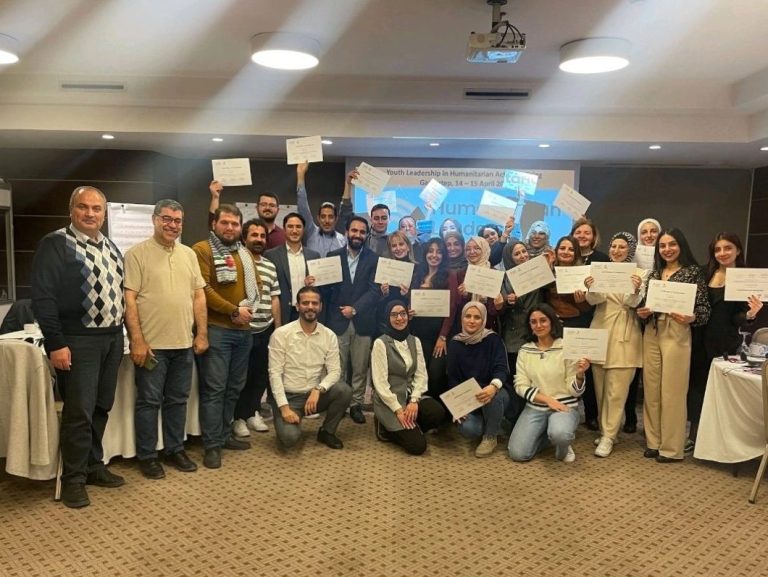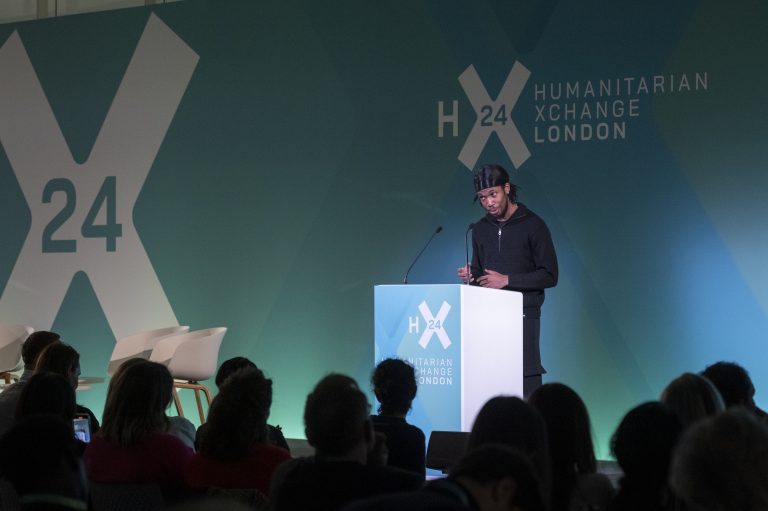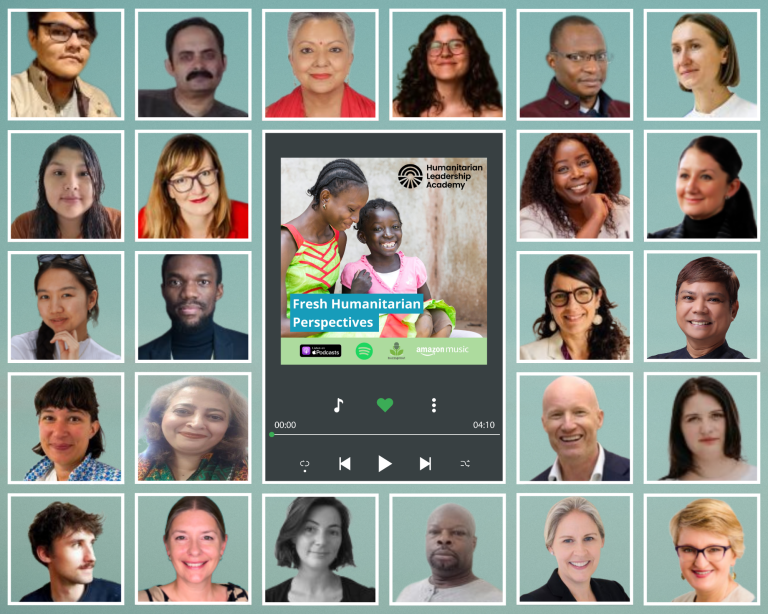The HLA Asia Regional Centre is poised to deliver its innovative Education in Emergencies Certificate of Advanced Studies residential training in Thailand, welcoming a global training facilitation team and participants from nine countries from across the Asia Pacific region.
Education sector professionals from Afghanistan, Bangladesh, India, Indonesia, Myanmar, Nepal, Papua New Guinea, Philippines and Pakistan will undertake an intensive five-day training programme, followed by a two-day Transformation of Training (ToT), enabling participants to conduct EiE training within their home countries.
As participants gather in Bangkok, they will be embarking on a transformative journey: one that not only enhances their own professional skills but also contributes to a broader mission of providing education as a lifeline to children affected by crises around the world.
Why education matters during emergencies
In times of crisis, education provides a lifeline for children and their families, providing a vital sense of normalcy and hope for a better future. Delivering timely, high-quality Education in Emergencies (EiE), however, requires skilled professionals who are equipped to respond effectively.
That’s why the Humanitarian Leadership Academy together with Save the Children delivers EiE training around the world together, including the flagship EiE Certificate of Advanced Studies (EiE CAS) accredited by the University of Geneva.
Global training efforts for localised impact
This residential represents the first time this Asia Pacific programme cohort has come together in-person following nine months of remote learning, which has enabled participants to undertake the course modules alongside their roles in their home countries.
This residential training will enable participants from across the Asia Pacific region to learn alongside each other.
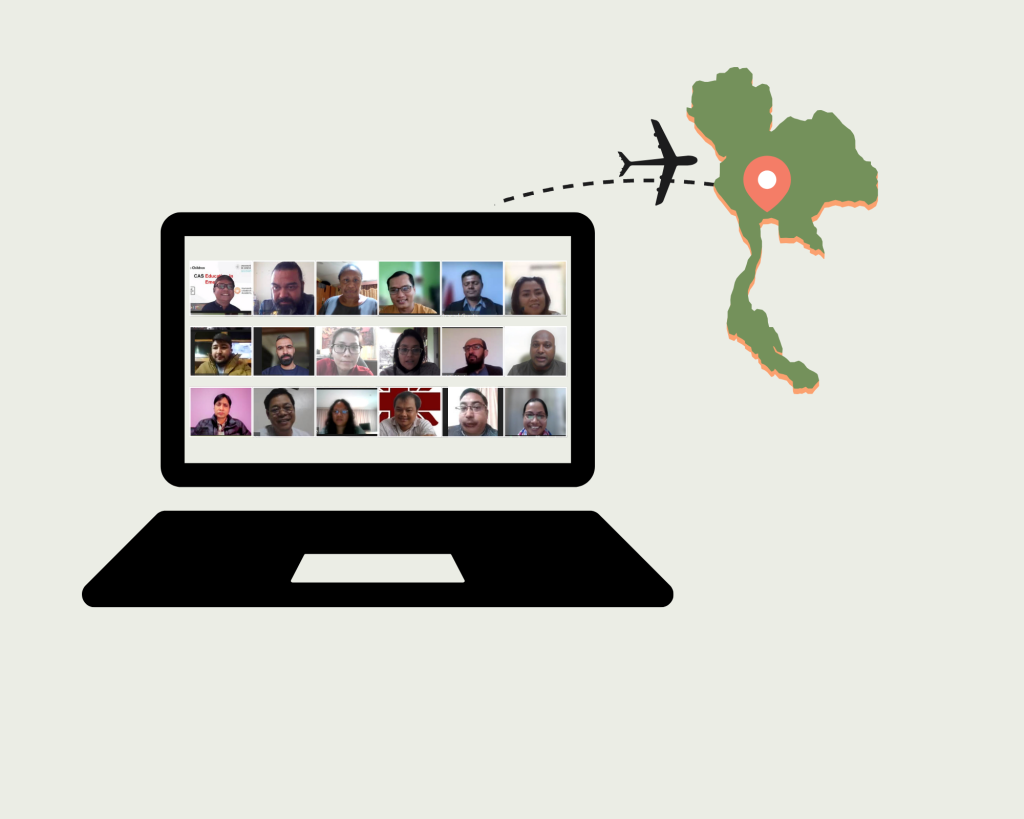

I am really excited to see all the participants from across the Asia Pacific region come together to apply their learning from the last nine months. It’s always great to see the bonds participants establish throughout the residential!
Efren Lubuguin, HLA’s EiE Professional Development Programme Manager for the Asia Pacific, will lead the expert team. Together, they will guide participants through a learning experience that will develop their EiE programme design, implementation, and leadership skills.
During the residential, participants engage in an in-depth, immersive simulation exercise. Participants will act as NGO teams tasked with addressing a realistic Education in Emergencies scenario in a fictional setting.
This simulation emphasises problem solving, technical skills, teamwork, and effective communication – all vital elements for operating in crisis situations.
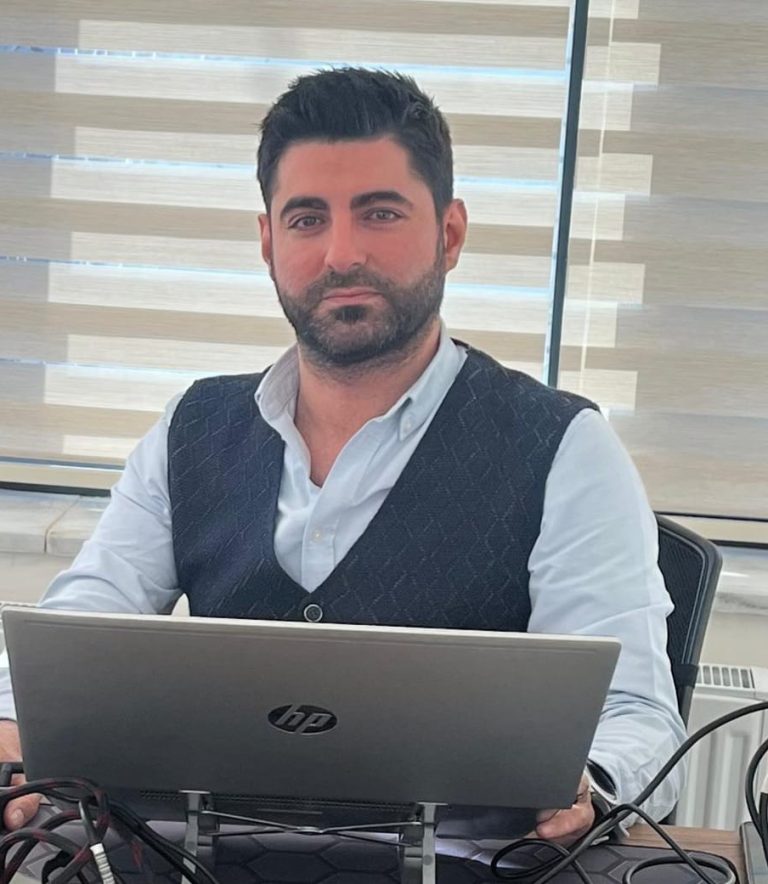
I’m really looking forward to meeting all EiE CAS participants from across the Asia region and the global training team, and to experiencing the learning and training we’ll be engaging in together!

I’m looking forward to connecting with the diverse participants and the fantastic team of facilitators. It’s exciting to see dynamic collaboration and impactful learning unfold!
